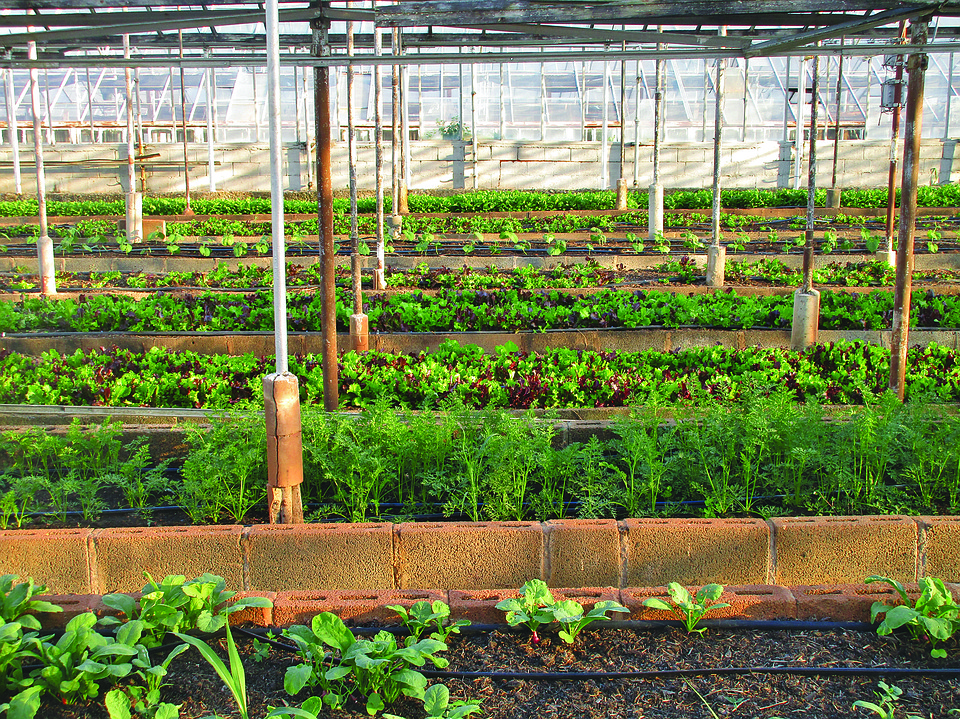Growing Greener: Highlighting the Successes of Sustainable Agriculture
As someone who has spent years living off the grid, I have developed a deep passion for sustainable farming and gardening. It is a lifestyle that I have fully embraced, and I have seen firsthand the numerous benefits that come from living and growing in a sustainable manner. From reducing our environmental impact to providing healthier, more nutritious food, sustainable agriculture has the power to revolutionize the way we live and eat. In this article, we will highlight some of the successes of sustainable agriculture and share some pro tips for those looking to embark on their own journey towards greener living.
Sustainable agriculture, also known as regenerative farming, is an approach to agriculture that focuses on the long-term health of the environment, soil, and plants. It aims to produce food and other agricultural products in a way that protects the earth’s natural resources, minimizes environmental impact, and promotes economic viability. This holistic approach to farming takes into account the interconnectedness of all living things and seeks to create a balanced, self-sufficient ecosystem.
One of the most significant successes of sustainable agriculture is its ability to regenerate and restore the health of the soil. By utilizing natural processes and organic fertilizers, sustainable farmers are able to improve soil structure, enhance nutrient content, and increase water retention. This not only leads to healthier, more productive plants but also helps to combat soil erosion and reduce the need for harmful chemical inputs. Healthy soil is the foundation of a successful farm, and sustainable agriculture practices help to ensure the long-term vitality of the land.
In addition to soil health, sustainable agriculture also brings about positive environmental impacts. By reducing the use of synthetic pesticides and fertilizers, sustainable farmers help to protect pollinators, birds, and other wildlife that rely on healthy ecosystems. Furthermore, sustainable agriculture practices can help to mitigate climate change by sequestering carbon in the soil and reducing greenhouse gas emissions. These environmental benefits are essential for maintaining a healthy planet for future generations.
Another success of sustainable agriculture is its ability to produce healthier, more nutritious food. By prioritizing soil health and utilizing natural growing methods, sustainable farmers are able to grow fruits, vegetables, and grains that are higher in vitamins, minerals, and antioxidants. Numerous studies have shown that organically grown produce contains higher levels of beneficial nutrients and lower levels of harmful toxins, making it a healthier choice for consumers. In a world where chronic health issues are on the rise, sustainable agriculture offers a solution for producing food that nourishes our bodies and supports overall well-being.
Pro Tips:
1. Start small and build gradually: If you are new to sustainable agriculture, start with a small garden or plot of land and gradually expand as you gain experience and confidence.
2. Educate yourself: Take the time to learn about sustainable farming practices, organic pest control methods, and soil health management. There are numerous resources available, including books, workshops, and online courses, that can help you develop a solid foundation of knowledge.
3. Embrace diversity: Plant a wide variety of crops, rotate your plantings, and incorporate companion planting to promote biodiversity and create a balanced ecosystem on your farm or garden.
In conclusion, sustainable agriculture is a powerful approach to farming that offers a multitude of benefits for both the environment and our health. By prioritizing soil health, minimizing environmental impact, and producing nutritious food, sustainable farmers are making a positive impact on the world around them. As we continue to embrace greener living, it is essential to celebrate the successes of sustainable agriculture and encourage others to join us in this important movement. With the right knowledge and dedication, we can all play a part in growing greener.



